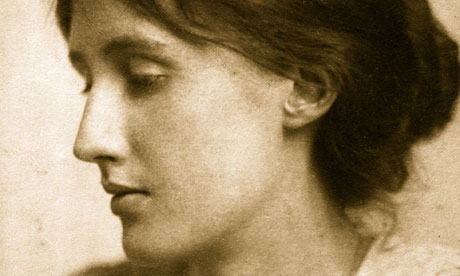As you can probably tell, I'm fascinated with the process that other writers use. I read their bios and interviews so I can look back at their lives and successes...and see if I have anything in common with them. But if I want to start writing like Truman Capote, I’m going to need to get a whole lot weirder.
Down When I’m Loaded
Truman Capote never started a new writing project on Fridays. And if you think that’s weird, you ain't read nothing yet. To call him eccentric is far better than he deserves. By most standards, the author of "Breakfast at Tiffany's" and "In Cold Blood" acted like a straight-up nutjob. Writing like Truman Capote is possible in the literal sense. To get started, lie down.
Down When I’m Loaded
Truman Capote never started a new writing project on Fridays. And if you think that’s weird, you ain't read nothing yet. To call him eccentric is far better than he deserves. By most standards, the author of "Breakfast at Tiffany's" and "In Cold Blood" acted like a straight-up nutjob. Writing like Truman Capote is possible in the literal sense. To get started, lie down.




























